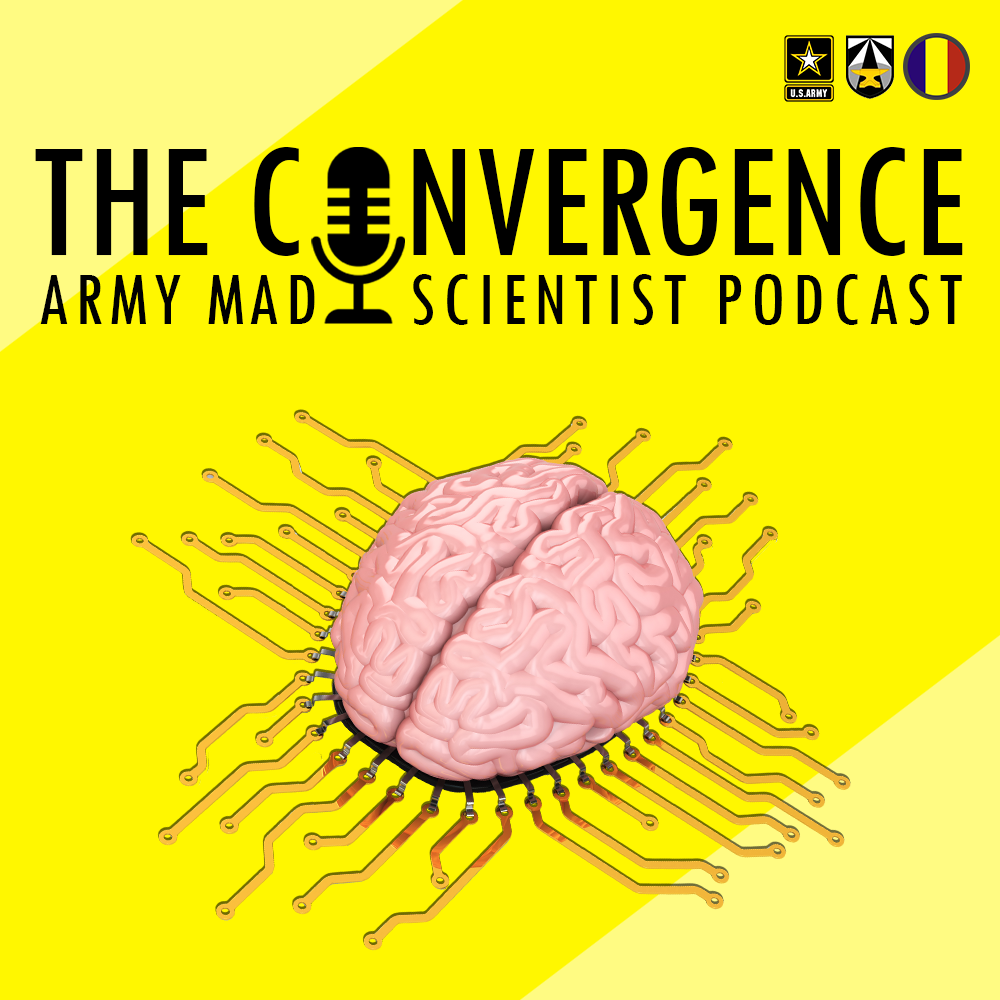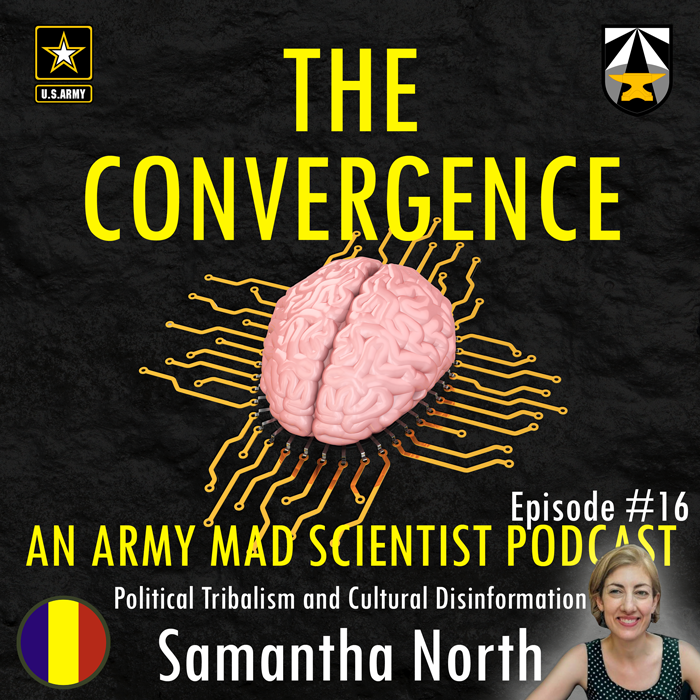Elizabeth L. Chalecki is an Associate Professor of International Relations and Environmental Sustainability at the University of Nebraska Omaha, a Research Fellow in the Environmental Change and Security Program at the Woodrow Wilson Center, and a Research Chair with Fulbright Canada. Her expertise lies in the areas of climate change and security, international environmental policy, and the intersection of science/technology and International Relations. Dr. Chalecki has authored groundbreaking research on geoengineering and just war, and has published over 25 books, articles, and chapters on diverse topics such as climate change and Arctic security, environmental terrorism, climate change and international law, public perceptions of environmental issues, and water in outer space. She also serves as an environmental security subject matter expert for NATO. Dr. Chalecki holds a Ph.D. in International Relations from the Fletcher School of Law & Diplomacy at Tufts University, a M.Sc. in Environmental Geography from the University of Toronto, and an M.A. from Boston University.
In our interview with Dr. Chalecki, we explore the broad global security implications of climate change and manipulation; their effects on Army and DoD readiness, operations, and mission requirements; and potential approaches for mitigating and regulating these threats. The following bullet points highlight key insights from our discussion:
Stay tuned to the Mad Scientist Laboratory for our next episode of The Convergence podcast — featuring CPT Maggie Smith and MAJ Joe Littell from the Army Cyber Institute, United States Military Academy, West Point, discussing the impact of information operations on recruitment, retention, and overall force readiness, as well as re-thinking our processes for gaining information advantage over our adversaries.
If you enjoyed this post, check out Dr. Chalecki‘s presentation on Avoiding a Climate Arms Race, from last year’s Climate Change – Threats, Resilience, and Adaptation Webinar; as well as her works page, Should We Govern Geoengineering like Nuclear Weapons or the Internet? and Geoengineering Must Stay Peaceful;
Manipulating the Climate: What Are the Geopolitical Risks? by our colleagues at RAND Review;
… and Shén fēng: Military Use of Weather Modification Technology, by Rory Fedorochko;
… as well as the following Mad Scientist content on climate change:
Own the Heat: DoD Climate Change Action with Richard G. Kidd IV and associated podcast
The Inevitable Threat: Climate Change and the Operational Environment
“The Heat is On” in “The Queue” Redux!
Climate Change: Destroyer of World, by CPT Kyle Hallowell
On Thin Ice…, by proclaimed Mad Scientist Seth Gnesin
Water: A Fluid Challenge for the Future, by proclaimed Mad Scientist Caroline Duckworth
Climate Change as a Threat Multiplier, by LTCOL Nathan Pierpoint, Australian Army
Climate Change Laid Bare: Why We Need To Act Now, by proclaimed Mad Scientist Sage Miller
Future Threats: Climate Change and Islamic Terror, by Matthew Ader
Disclaimer: The views expressed in this blog post do not necessarily reflect those of the Department of Defense, Department of the Army, Army Futures Command (AFC), or Training and Doctrine Command (TRADOC).

John Bicknell founded More Cowbell Unlimited to help America remain a beacon of hope and strength on the world stage. America must adopt Process...

In this latest episode of “The Convergence,” we talk with Samantha North, cyber investigator and consultant, who is completing her final year of a...

COL John Antal (USA, Ret.) is a lifelong student of leadership and the art of war. His purpose in life is “to develop leaders...